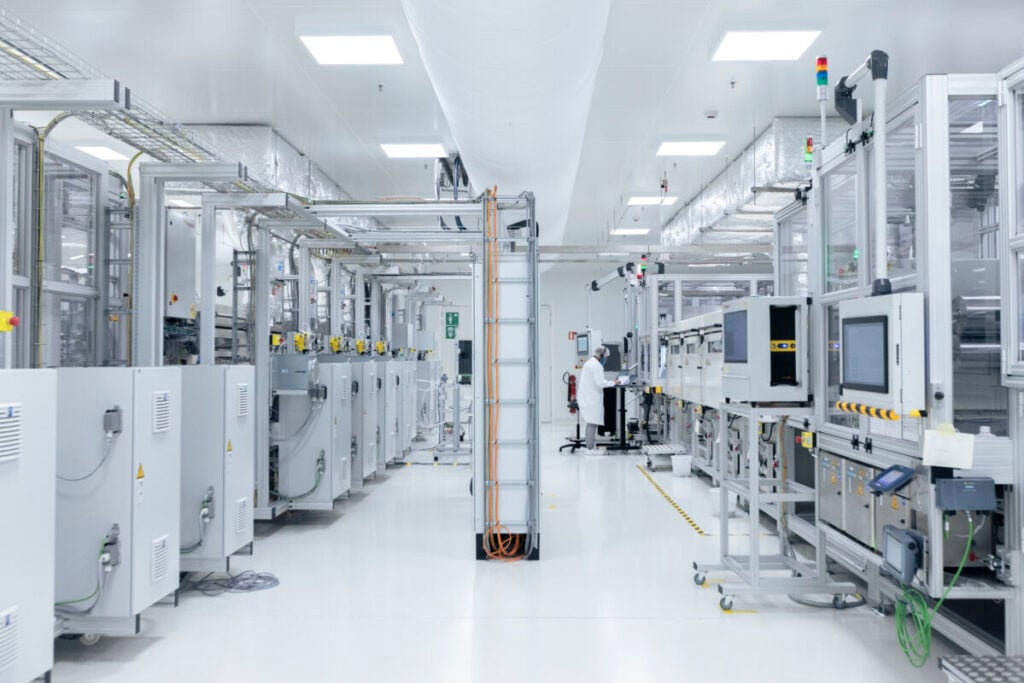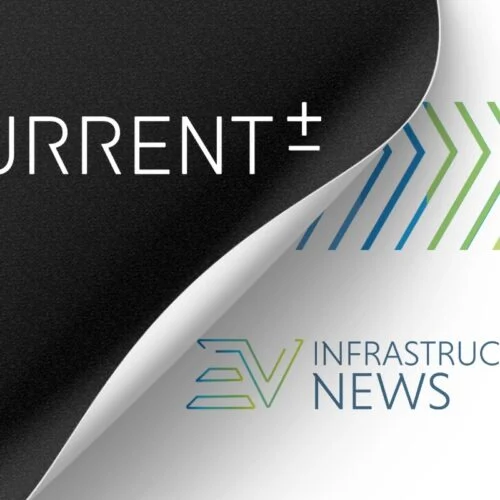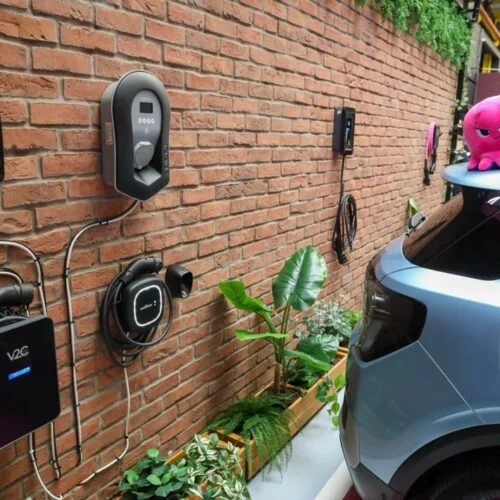Carmaker Stellantis has announced it will discontinue its hydrogen fuel cell technology development programme as the market is showing “no development prospect”.
Stellantis, which owns brands including Vauxhall and Fiat, has cancelled the launch of a range of hydrogen-powered Pro One vehicles that had been expected this year, with serial production scheduled to start in France and Poland.
The firm said that due to limited availability of hydrogen refuelling infrastructure, high capital requirements and the need for stronger consumer purchasing incentives, it does not anticipate the adoption of hydrogen-powered light commercial vehicles before the end of the decade.
Stellantis chief operating officer for enlarged Europe Jean-Philippe Imparato said: “The hydrogen market remains a niche segment, with no prospects of mid-term economic sustainability. We must make clear and responsible choices to ensure our competitiveness and meet the expectations of our customers with our electric and hybrid passenger and light commercial vehicles offensive.”
Staffing will not be impacted by the decision, with R&D activities related to hydrogen technology redirected to other projects.
Stellantis said it is engaging with shareholders in the Symbio brand, under which it would have released the Pro One range, to “evaluate the current market consequences and to preserve the best interests of Symbio, in line with their respective obligations”.
Hydrogen fuel-cells are a cleaner energy solution for large vehicles in which the battery that would be required to power it as an EV would be inefficiently heavy or slow to charge due to its size.
Hydrogen buses have been operating in London since 2021, provided by Northern Ireland-based manufacturer Wrightbus, which is owned by Jo Bamford, whose grandfather founded JCB—JCB has also deployed several hydrogen powered offers in the construction vehicle segment.
What makes this type of deployment plausible is the fact that the vehicles will be able to use private, depot-based refuelling points. With the vehicles operating to set schedules and routes, there is no need for access to hydrogen refuelling points on a public network.
Even without regulatory and financial support for electric vehicle technology, like the UK’s recent plug-in grants for light commercial vehicles, the technology itself can often be more expensive and thus unattractive to buyers.
There is a seemingly unanswerable cycle for public hydrogen refuelling points whereby there is no cost benefit to deploying the technology when so few hydrogen vehicles are on the road; there is no consumer faith in refuelling availability for hydrogen vehicles, so uptake remains low. The US has seen arguably the most extensive rollout of hydrogen refuelling options in California, however reports of these standing unmaintained and unused are frequent.






